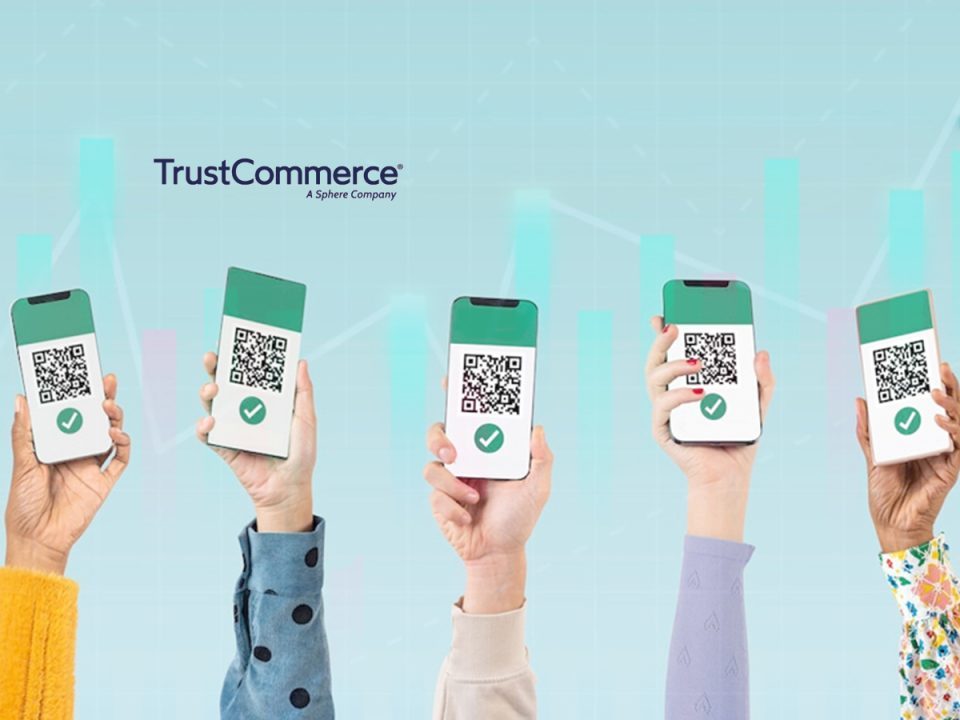TrustCommerce study reveals consumers strongly prefer digital payment methods for medical care
Nearly 60% of older consumers are at least somewhat comfortable using digital payments for healthcare, according to the results of a survey conducted on behalf of TrustCommerce, a Sphere company, a leading provider of end-to-end integrated healthcare payments and security software.
The survey results show that Americans over the age of 60 are growing increasingly open to using digital payment options, including mobile wallets, bank transfers, and online credit card payments, with 58.75% reporting that they are “very” or “somewhat” comfortable using them to pay for healthcare expenses. Overall, the survey of 400 U.S. healthcare consumers found that nearly 80% of participants are either “very” or “somewhat” comfortable using digital payments for healthcare.
When paying for medical care at the time of service, most consumers prefer to pay with credit cards (45.75%), followed by debit cards (38.75%), cash (6.75%), digital wallets (6.5%), and checks (2.25%). Those results track relatively closely with consumer preferences when paying for care before or after service, with credit cards (45.25%) again ranking as the top choice followed by debit cards (36.25%), digital wallets (7.5%), cash (7%), checks (2.25%), and bank transfers (1.75%).
Read More on Fintech : Global Fintech Interview with Kevin Wall, Chief Financial Officer at Stax
Perhaps unsurprisingly, patient preferences are largely consistent before, during, and after service is received from their healthcare provider, with consumers opting to pay with credit cards as the primary payment method, closely followed by debit cards, with cash and digital wallet in a close third place. In terms of healthcare services purchased, consumers report most frequently using digital payment methods to pay for doctor or specialist office visits (62.5%), followed by prescription medications (59.5%), lab tests (31.25%), virtual care (29.25%), and hospital services (23.25%).
Despite American consumers’ growing adoption of digital payment methods, reservations remain, with 71.25% reporting concerns with the technology. When using digital payments in healthcare, consumers expressed concerns with security (46%), privacy of health information (34.25%), lack of trust in digital systems (24%), and difficulty using technology (16.5%). Only 28.75% of consumers said they had no concerns about using digital payments in healthcare.
“I think there is sometimes a mistaken perception that older consumers don’t want to use digital payment methods, but clearly that is not the case,” said John Welch, Chief Product Officer of TrustCommerce. “It’s important that providers make it easy for patients of all generations to pay their bills using whatever method they are most comfortable – including digital payments – but it’s essential that providers implement technology that is easy to use, secure, protects the privacy of their patients, and that the security of their payment solutions is clearly communicated.”
The results of the latest survey align with many of the findings of the 2024 Healthcare Payment Trends and Future Outlook Report, a national study published by TrustCommerce earlier this year. One of the findings identified in the study was that increasing healthcare costs and shifting consumer payment preferences are prompting patients to look for flexible payment solutions similar to those found in retail settings, motivating providers to implement digital payment systems and simplified billing processes. Additionally, the study also revealed that a majority of patients are comfortable with providers storing their credit card information on file as a token for future use. This new survey underlines that consumer payment preferences span generations and are not limited to a particular demographic.
Catch more Fintech Insights : The Impact of Open Banking on Cross-Carrier Data Sharing in Insurance
[To share your insights with us, please write to psen@itechseries.com ]
